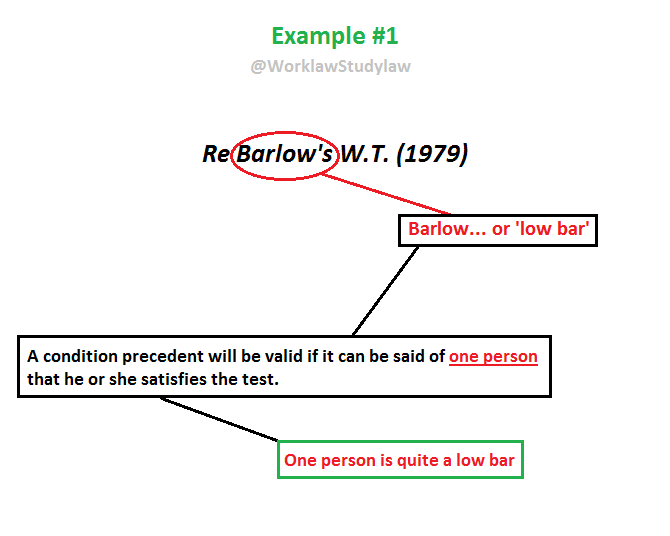It’s certainly not easy juggling working for a City law firm by day while studying for a law degree by night – especially during exam season. Effective studying and revision is crucial yet it is something many people struggle with; but with the tips below you can conquer your exams.
Studying and revision

If you’re serious about effective revision you need to find you own revision space: somewhere that you can always go to revise in peace and comfort. Whether that’s your bedroom, the library or (in my case) the office after business hours, having a location where you can always study sans interruption is key. Don’t forget to turn off your phone, though.
Highlighting is good. But there are two rules to it:
- Don’t highlight everything; and
- When you read a sentence, digest it in your mind. Write down what you understood next to the extract so that when you re-visit it, it reinforces the initial mental link you formed.
It’s always better to handwrite while studying; there are countless articles on the better mental links you make, not least because you naturally take more time over writing and understanding, and because the action of writing allows you to experience the words you write: the highs and lows and dotting and crossing, as opposed to the monotony of typing.
Senses are directly linked to our memories, so the more you incorporate them into your studying, the better mental retention you’ll have. We often associate songs with particular memories or colour schemes with certain companies. Try using different colours for different topics to engage your mind visually or record yourself/make songs to engage your mind aurally.
Cases are the cornerstone of a law degree (there’s not a single law student who doesn’t know Carlill v Carbolic Smoke Ball!) but remembering them can be tough. It’s easy to only ever read the summaries but try reading the full judgement. It gives you more information and understanding, and provides context for the decision making it easier to remember.


Balancing work and study
- Effective communication with your supervising partner and/or lecturer is of paramount importance. Manage their expectations: does your lecturer know you’re working on a deal closing the same week your mock is due? Does the partner know you’ve got exams looming?
- At least six weeks in advance, look at your scope of work to be done by exam day and devise a daily schedule. Sticking to a timetable will give you confidence and leave you with no regrets come results day!
- The key is being very disciplined without feeling like you are drowning. That means setting aside time to get some exercise or hang out with friends and family. In addition to being good for your mental wellbeing, it will help you to sharpen your focus when you do return to your study schedule.
Tim Kennedy is a business services assistant in the Information Centre at Mayer Brown. He is currently pursuing the articled route to qualification as a solicitor.


























